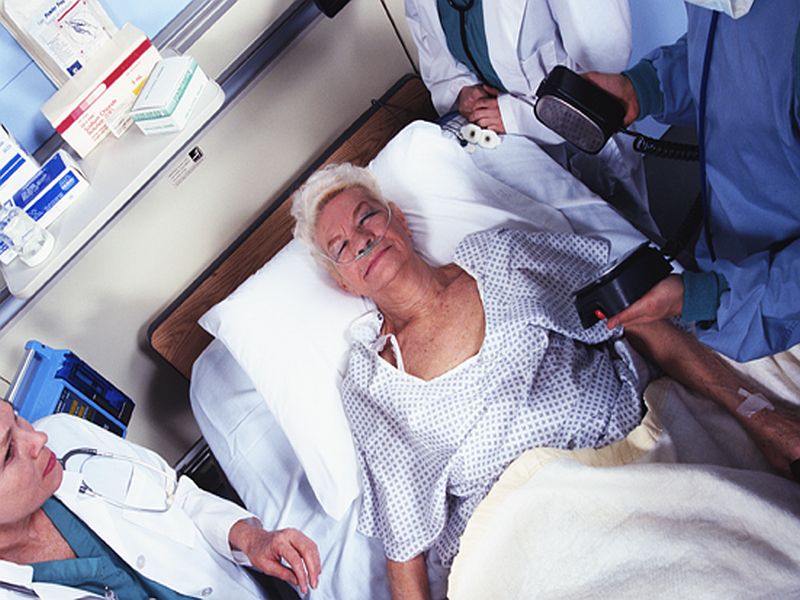
Swimming lessons can lower the risk of drowning, but black kids often miss out on learning this lifesaving skill, a leading pediatricians group says. “Everyone should have the opportunity to learn to swim,” said Dr. Kyle Yasuda, president of the American Academy of Pediatrics (AAP). “This is an essential life skill for children, teens and… read on >




























